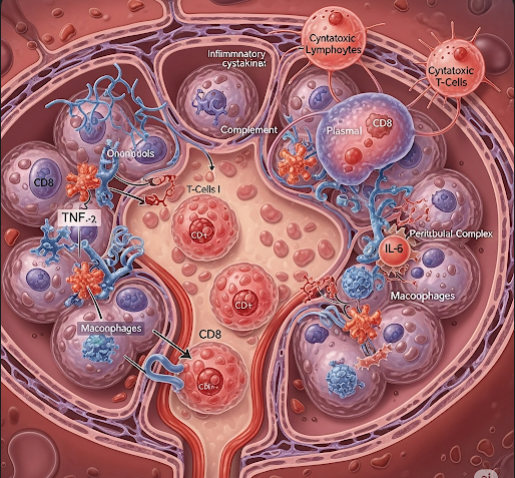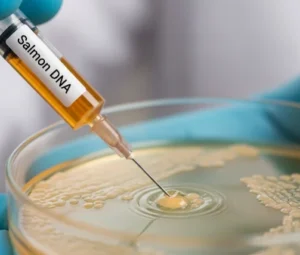Overview
Kidney transplant rejection is a significant complication following kidney transplantation, where the recipient’s immune system recognizes the transplanted kidney as foreign and mounts an immune attack against it. This immune response can lead to inflammation, impaired kidney function, and ultimately loss of the transplanted organ if not managed effectively. Korea’s transplant centers offer advanced immunosuppressive therapies, close monitoring, and personalized care protocols to detect and treat rejection early, enhancing graft survival and patient outcomes.
What Is Kidney Transplant Rejection?
Kidney transplant rejection occurs when the recipient’s immune system identifies the donor kidney’s cells as foreign and triggers an immune response to destroy them. This can happen despite the use of immunosuppressive drugs designed to prevent such attacks. Rejection is classified into different types based on timing and mechanism:
- Hyperacute Rejection: Occurs within minutes to hours after transplantation, caused by pre-existing antibodies against donor antigens.
- Acute Rejection: Occurs within weeks to months, mediated by T-cell or antibody responses.
- Chronic Rejection: Develops gradually over months to years, leading to progressive loss of kidney function due to chronic inflammation and scarring.
Symptoms
Rejection may be asymptomatic early on, detected only by laboratory tests. Symptoms, when present, can include:
- Decreased urine output or changes in urine color
- Swelling, especially in legs and around eyes due to fluid retention
- Elevated blood pressure
- Fever and malaise
- Pain or tenderness over the transplanted kidney
- Sudden increase in serum creatinine or decline in kidney function on blood tests
Causes
Kidney transplant rejection results from immune recognition of the donor kidney as foreign due to differences in human leukocyte antigens (HLA) and other molecules. Factors contributing to rejection include:
- Inadequate immunosuppression or non-adherence to medication
- Presence of donor-specific antibodies (DSA) against the transplanted kidney
- Previous sensitization from blood transfusions, pregnancies, or prior transplants
- Infections or other immune system activations triggering immune response
Risk Factors
- Poor medication adherence or inadequate immunosuppressive therapy
- Mismatch in HLA typing between donor and recipient
- Previous episodes of rejection
- Presence of pre-formed donor-specific antibodies
- Younger recipient age and certain ethnic backgrounds with higher rejection risk
- Infections or inflammatory conditions that activate the immune system
Complications
- Acute kidney injury leading to graft dysfunction
- Chronic allograft nephropathy causing irreversible kidney damage
- Loss of transplanted kidney requiring return to dialysis or re-transplantation
- Increased risk of infections and malignancies due to immunosuppressive drugs
- Psychological impact and reduced quality of life due to graft failure
Prevention
- Strict adherence to immunosuppressive medication regimens
- Regular monitoring of kidney function through blood tests and urine analysis
- Periodic screening for donor-specific antibodies and biopsy when indicated
- Pre-transplant compatibility testing to minimize HLA mismatch
- Infection prevention and management to avoid immune activation
- Patient education on recognizing early signs of rejection and importance of follow-up
Treatment Options in Korea
Korea’s kidney transplant programs provide comprehensive care with a focus on early detection and management of rejection:
- Immunosuppressive Therapy Adjustment: Intensifying or modifying immunosuppressive drugs such as corticosteroids, calcineurin inhibitors (tacrolimus, cyclosporine), mycophenolate mofetil, or newer agents like belatacept.
- Antibody-Mediated Rejection Treatment: Use of plasmapheresis to remove harmful antibodies, intravenous immunoglobulin (IVIG), and targeted therapies like rituximab or bortezomib.
- Biopsy-Guided Management: Kidney biopsy is the gold standard for confirming rejection and guiding treatment decisions.
- Supportive Care: Managing blood pressure, preventing infections, and optimizing overall health.
- Close Monitoring: Frequent laboratory tests and imaging to assess graft function and detect early signs of rejection.
Korean transplant centers combine multidisciplinary expertise with advanced immunological testing and personalized medicine approaches, ensuring high graft survival rates and patient quality of life.













